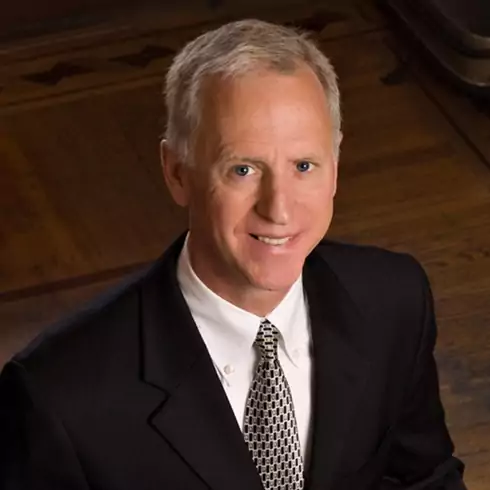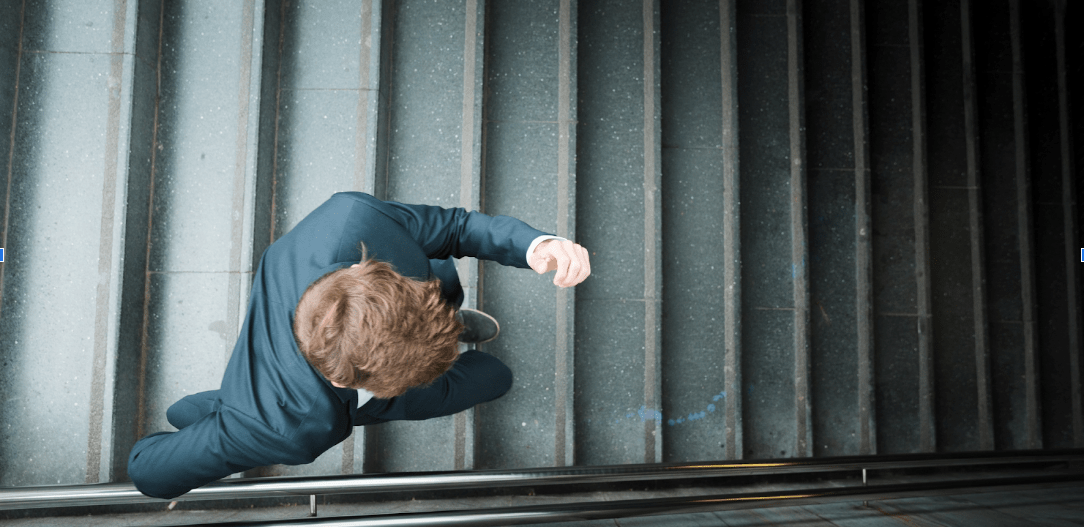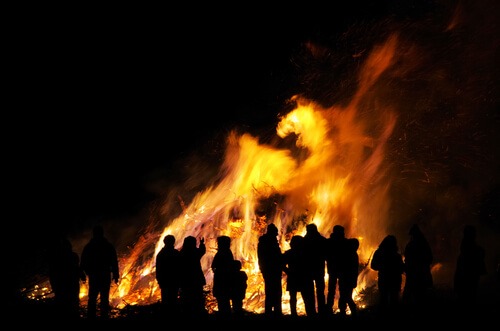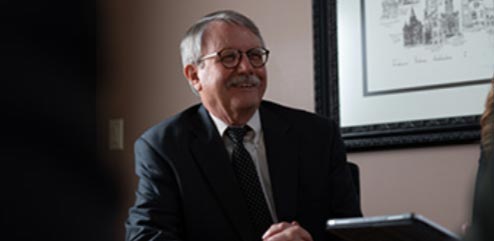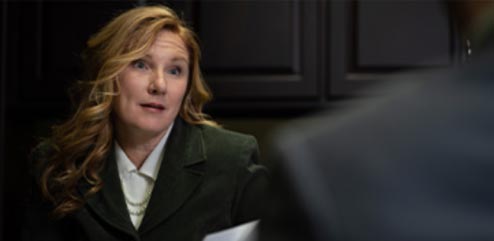Muncie Premises Liability Lawyer
When we step onto a property, whether it’s a public park, a friend’s home, or a local business, we inherently trust that the premises are safe. However, accidents can occur every day in the streets of Muncie, sometimes in the least expected places, and often through no fault of our own.
These accidents can lead to catastrophic injuries, resulting in mounting medical bills, lost wages, and emotional distress for which you can claim justice and compensation.
Our team understands the complexities of premises liability law in Indiana and the challenges you may be facing in the wake of an accident. We believe that you should not have to deal with the financial burden of an injury caused by someone else’s negligence, and we’re here to help you claim the justice you deserve.

